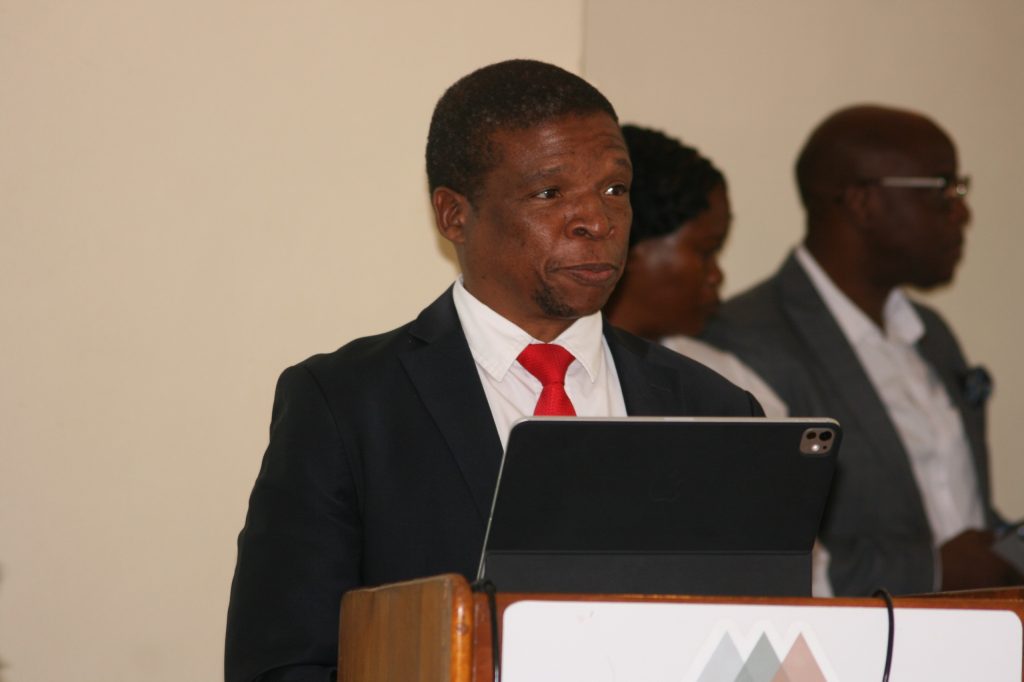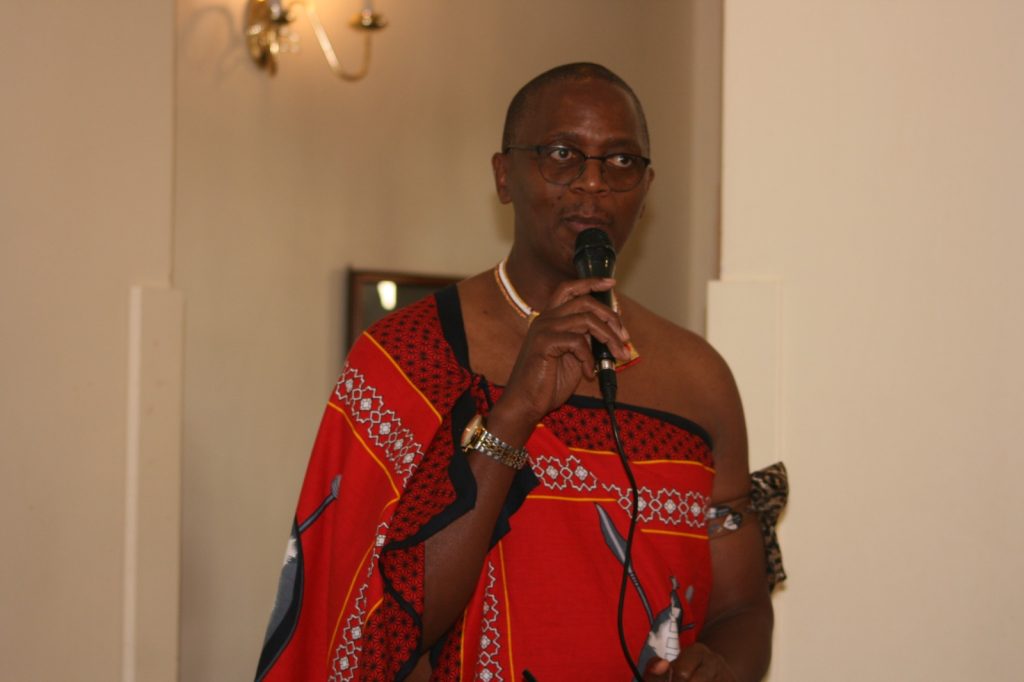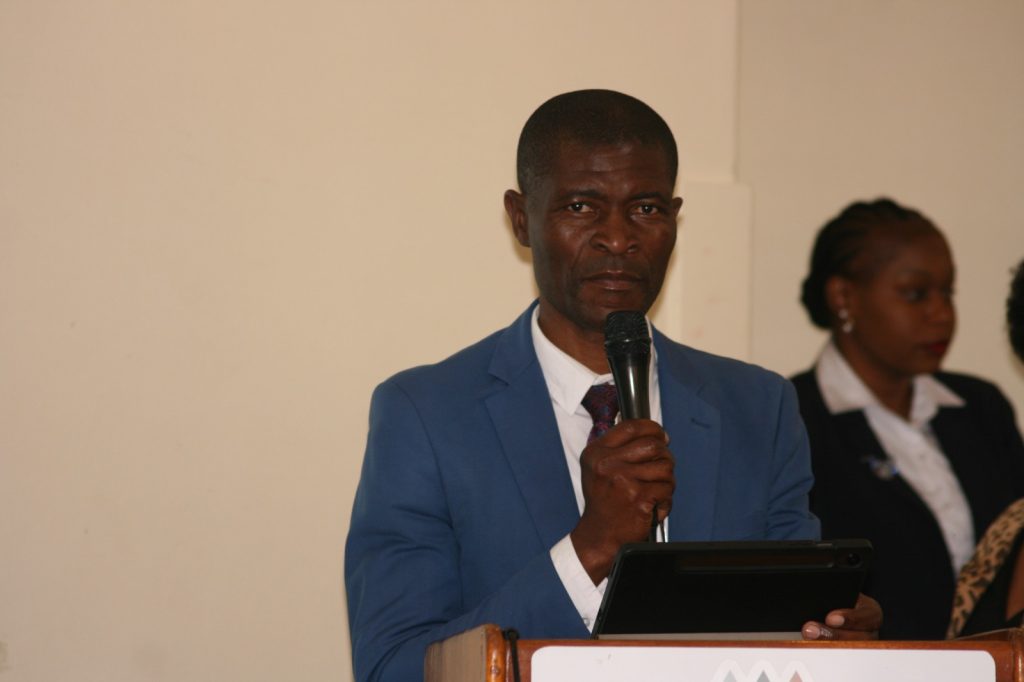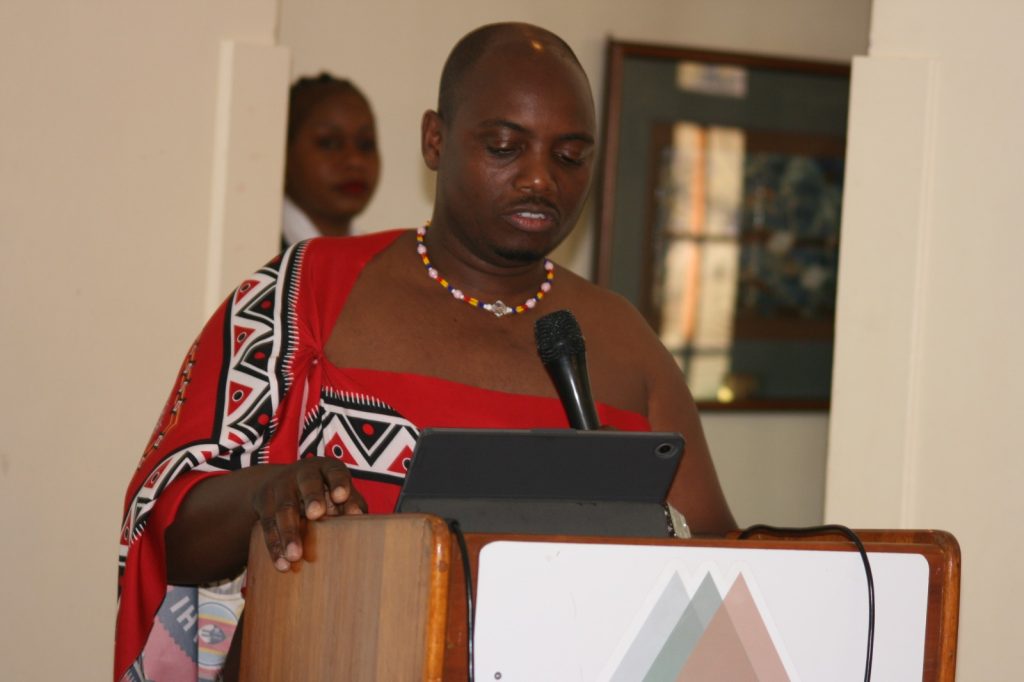
The Eswatini Water and Agricultural Development Enterprise (EWADE), the National Agricultural Marketing Board (NAMBoard), and the Government of Eswatini have signed a Memorandum of Understanding (MoU) to implement the Smallholder Agricultural Productivity Enhancement and Marketing Project (SAPEMP).
The SAPEMP is a national programme aimed at boosting agricultural productivity, strengthening market access, and reducing poverty for more than 19,600 smallholder households across the country.
Through the project, farmers will be organized into clusters, connected to digital platforms such as the Agricultural Integrated Information System (AIIS), and integrated into structured markets via contracts with NAMBoard. Investments will also go into rehabilitating and constructing multi-purpose collection centres for aggregation, grading, and storage.
A defining feature of SAPEMP is its inclusivity. Women, youth, and persons with disabilities are central to the project’s design, ensuring that all vulnerable groups have equal access to opportunities in agribusiness, financial services, and value chain development.
Speaking during the ceremony, EWADE Chief Executive Officer, Dr. Samson S. Sithole, described the MoU as more than a legal agreement, calling it “a national development instrument and a declaration of shared intent to empower smallholder farmers, strengthen value chains, and unlock the full potential of Eswatini’s rural economy.”
The partnership is directly linked to the Eswatini Agriculture Sector Strategic Plan (2024–2028), the National Development Strategy, and the country’s long-term Vision 2050. It also advances several United Nations Sustainable Development Goals (SDGs), including poverty reduction, food security, gender equality, job creation, and climate resilience.
“This MoU is a practical expression of SAPEMP’s vision,” Dr. Sithole noted. “It ensures that policy is translated into coordinated action, delivering tangible benefits for farmers, communities, and the wider economy.”

The Under Secretary in the Deputy Prime Minister’s Office, Makhosi Simelane, emphasized the office’s commitment to the initiative, describing SAPEMP as “not only an agreement, but a call to action and a commitment to the interests of emaSwati.”
He highlighted the need for sustainability and resilience in agricultural development, warning that well-intentioned initiatives often collapse when leadership changes.
“We are excited that this programme will remain in place and be implemented for as long as it is valid,” Simelane said. “Our role is coordination, but this intervention seeks to change people’s lives every day, addressing subsistence agriculture challenges and creating pathways toward financial inclusion, resilience, and self-sufficiency for vulnerable communities.”
Simelane also noted the project’s focus on inclusive development: “Our mandate is to mainstream gender, children, and persons with disabilities in all activities. Leaving no one behind is central to this groundbreaking initiative, and we are committed to supporting its implementation across all our departments, including Social Welfare, Gender, and National Disaster Management, enabling communities to prevent hunger and poverty.”


NAMBoard Chief Executive Officer, Bhekizwe Maziya, emphasized his organization’s readiness to facilitate markets for SAPEMP produce, noting that current capacity satisfies less than 40% of local and export demand. “This is the gap we believe will be closed by SAPEMP,” he said. NAMBoard pledged to support market development, buyer-seller engagements, capacity building, and compliance with quality standards.
The Ministry of Agriculture, represented by Acting Principal Secretary Nhlanhla Motsa, committed the Ministry’s technical expertise across its departments, from extension and early warning to land use planning and research. “This MoU represents a deliberate shift toward inclusive development, ensuring that marginalized communities are not just participants but beneficiaries in our national transformation agenda,” he said.



